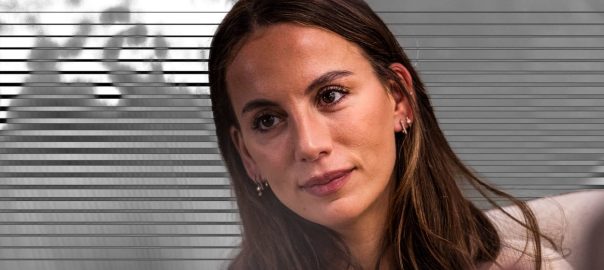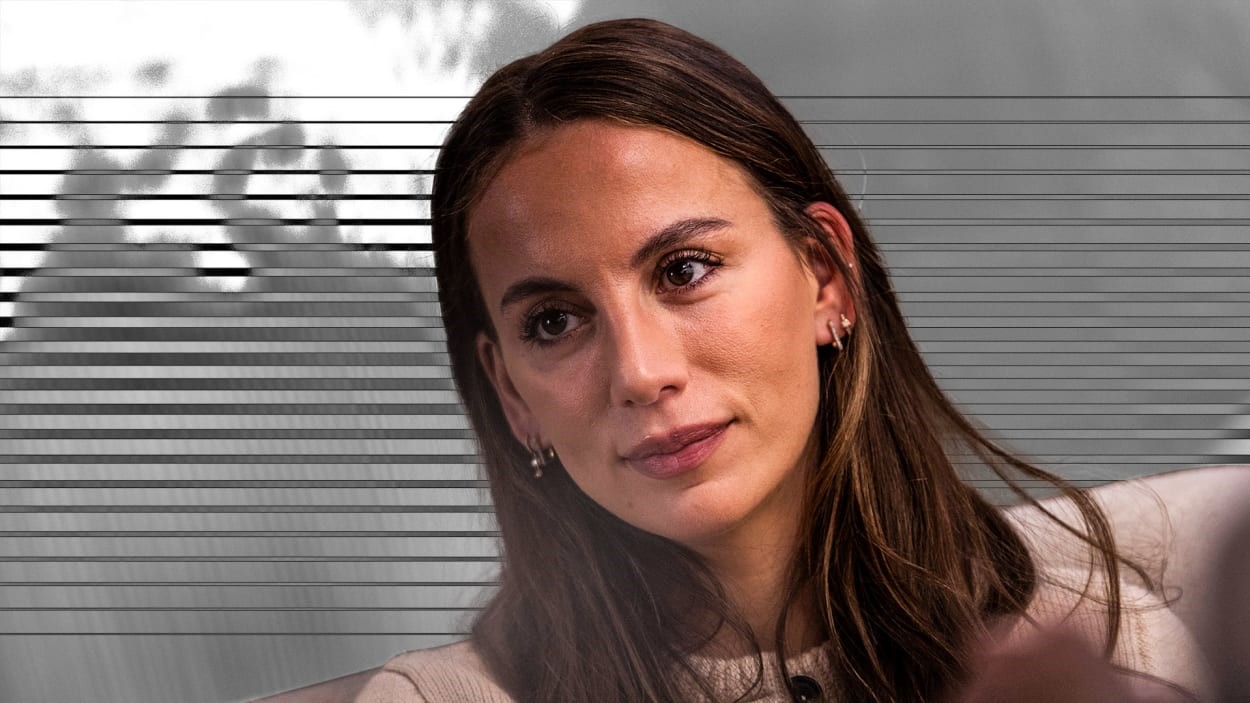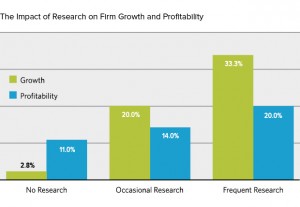By AJ Hess
Mira Murati, interim CEO of OpenAI just landed one of the biggest jobs in tech. Whether its a good job remains to be seen.
On Friday, OpenAI announced that Sam Altman had been removed from his position as CEO and would be leaving the company’s board of directors. In turn, Murati was announced as OpenAI’s interim CEO.
The promotion positions Murati as arguably the most powerful woman in tech, a reflection not only of her own impressive career trajectory, but also the bleak landscape for women in Silicon Valley. Several prominent women in tech have recently stepped down from their C-suite roles, including YouTube CEO Susan Wojcicki and Meta Chief Business Officer Marne Levine.
Murati takes on her interim role during a tumultuous moment for OpenAI. The company faces an uncertain legislative landscape, as regulators struggle to figure out how to create guardrails around the tech, along with numerous lawsuits from those who believe OpenAI has inappropriately leveraged their intellectual property. What’s more, multiple OpenAI employees have described Altman’s firing as a “coup” and a “hostile takeover”; many employees even fear the company’s planned $86 billion sale will fall through. (OpenAI did not immediately respond to a request for comment from Fast Company.)
Here are the challenges facing Murati, the newest female CEO in Big Tech:
Legislation
Many believe 2024 will be a pivotal year for AI regulation.
Over the summer, OpenAI (alongside other major players including Meta, Microsoft, and Google) signed an agreement with the White House to “promote the safe and responsible use of frontier AI systems.” While the voluntary agreement theoretically sets expectations that AI leaders will respect user privacy, eliminate bias, and mitigate cybersecurity threats, the accord is non-binding—and, some would say, ultimately toothless. As the 2024 election season draws closer, there will be heightened public scrutiny around AI, which is already being used to produce misinformation. (And on a more nuts-and-bolts level, the Federal Trade Commission opened an investigation in July into OpenAI, questioning whether the company was in accordance with consumer protection laws.)
Many international governments are still fine-tuning their regulatory stances as well. Without more formal guidelines, Murati will need to carefully navigate relationships with leaders in Washington and around the globe—something that Altman, for whatever his flaws, did quite well.
Lawsuits
Many authors, comedians, musicians, and artists have sued OpenAI, arguing that ChatGPT’s large language model is built upon their work.
One lawsuit on behalf of more than one dozen authors and The Authors Guild argues that OpenAI has commented “copyright infringement of their works of fiction on behalf of a class of fiction writers whose works have been used to train GPT.” And comedian Sara Silverman made a similar argument in her lawsuit against OpenA and Meta. Both lawsuits are ongoing.
Altman had described the lawsuits facing OpenAI as “frivolous”—an unsatisfactory answer for the plaintiffs, and one Murati may be forced to clean up.
Glass cliffs
Murati is, of course, also up against a stubbornly male-dominated tech culture.
Based on a survey of 1,827 human resources professionals and 13,695 business leaders from over 1,500 companies, DDI’s 2023 Global Leadership Forecast estimates that women make up just 28% of the tech workforce. Plus, 50% percent of women in tech leave by age 35, according research from Accenture and Girls Who Code.
The resignations of YouTube’s Wojcicki and Meta’s Levine have disrupted the top echelons of women in tech leadership. In the wake of these resignations has also been the case of Linda Yaccarino, CEO of X (formerly Twitter).
In May, Yaccarino was appointed to CEO of the social media platform. At the time, many argued that Yaccarino was being forced to “teeter” on a glass cliff—that is, a situation in which women are artificially promoted during a time of crisis and are set up for failure. Wired reporter Vittoria Elliott called Yaccarino “the latest victim of a pernicious pattern known as the glass cliff, in which women are more likely to be promoted into top jobs at organizations in crisis.” She also pointed to Marissa Mayer, former CEO of Yahoo and Ellen Pao, former CEO of Reddit as other examples of glass cliff circumstances.
But Murati’s circumstances are different. In her case, while OpenAI’s future is very much yet-to-be-determined, the underlying financial health of the company appears to be quite strong. Just last month, OpenAI announced that the company was generating revenue at a pace of $1.3 billion a year.
While the outcome of Mutati’s leadership is unknown, the company’s core money-making engines—licensing its technology to corporate clients and selling individual subscriptions—are not slowing down just yet. And as conductor, these fundamentals may be where Murati’s success lies. Currently, it appears she leading full steam ahead.
(24)
Report Post







